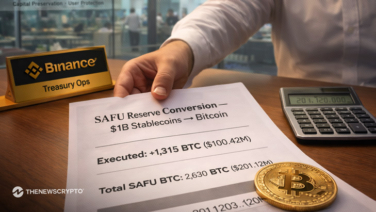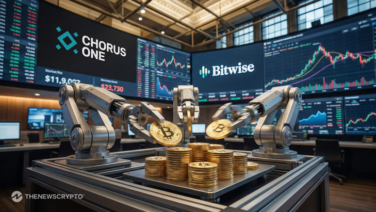Commodities are the backbone of the global economy. It is a super mover considering that, in one way or another, fuel, energy, agricultural products, or any other raw material are required as an input in an industrial process.
Commodity trading has been practiced for years. Rudimentary forms of structured commodity trading could be traced to dynasties in the east where candlesticks were birthed from Japan’s rice trading. Over the years, traders and stakeholders have continued to innovate, refining the industry to reflect the interconnection and market globalization.
What is a Commodity?
As a simple definition, commodities are raw materials, or inputs, used in producing finished goods. Typically, commodities are natural resources extracted and processed to produce beneficial end products for direct consumer consumption or to power secondary operations. They can range from metals to agricultural products like cocoa, energy, and livestock.
Commodities vary in rarity–scarce in some geographies but abundant in others. Nonetheless, they can be traded physically or digitally in markets, distinct from stocks or instruments such as bonds. Like every tradable item, commodity prices constantly shift depending on supply and demand market forces. For instance, the scarcity of rare-earth metals has been consequential to the semiconductor industry, forcing electronic prices through the roof in recent months.
As the world gradually recovers from the effects of the COVID-19 pandemic, commodity prices remain elevated due to massive demand from various economies. Notably, Iron ore prices and fossil fuels like Oil and Natural Gas, all vital raw materials for the physical economy, are at record highs. This spike in raw material pricing is worsened by a supply chain hitch that has compounded problems for end-users and countries, slowing down output. Amid this development, investors who actively trade commodities have welcomed the expansion in commodity pricing.
Commodity Trading
Commodity trading is the exchange of various commodities, mainly futures contracts pegged on the price of the underlying physical item. In this trading setup, there is no physical transfer. Instead, traders place bet on the future price of the commodity, profiting from price fluctuations.
Trading is via a regulated commodity exchange where a trader must open an account and submit personal information for access. While beneficial, traders have to submit identifying details that discourage participation. At the same time, different brokers could demand high capital requirements, only accessible to a given population or region, to trade commodities. This high barrier to entry presents challenges, locking thousands, if not millions, of commodity traders.
How the Blockchain is Changing Commodity Trading
The advent of blockchain technology and tokenization is the welcomed equalizer, tearing down walls and democratizing commodity trading on decentralized rails. Public smart contracting blockchains are secured by globally distributed nodes and are open for traders. They are also fitted with transparent smart contracts and have been a game-changer in crypto commodity trading.
By relying on the capabilities of decentralization and transparent operations, cost and capital-efficient derivatives crypto commodity platforms like Mettalex have expanded reach, allowing more traders to profit from commodity price fluctuations. Mettalex is deployed from Fetch.ai—a high throughput, private blockchain network relying on artificial intelligence.
Of note, crypto commodity trading portals offer various advantages ranging from cost and capital efficiency, broader market access, better transparency and security, and crucially, better liquidity, all while remaining non-custodial. Since the blockchain is global and without intermediaries, traders only have to install a compatible wallet to connect to the DEX. There is no registration or submitting personal information. Concurrently, crypto commodity trading allows traders to access unique markets every day of the week. On the other hand, the decentralized arrangement of these blockchain-based DEX provides passive income for liquidity providers.








